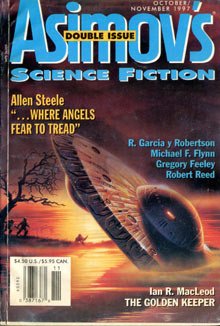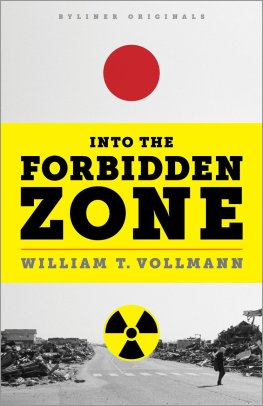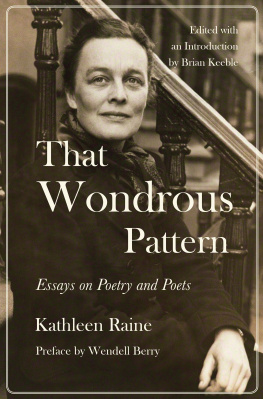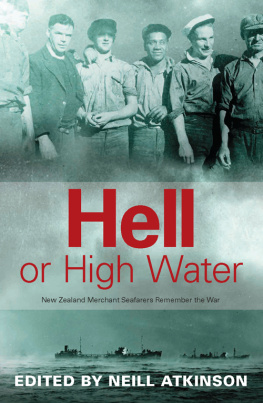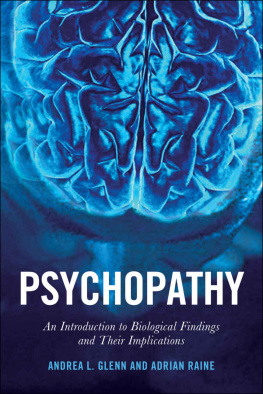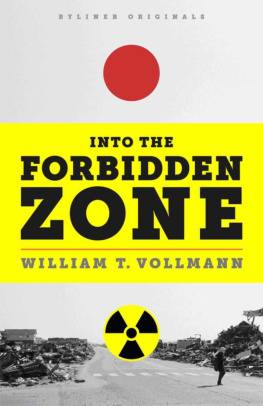CHAPTER I The Barn Dance
DUST stirred by the horses hoofs sifted into every wrinkle of their clothes. Despite the protecting bandanas fine particles floated into throat and nostrils. The sweat-stained withers of the animals were streaked with it.
The untempered sun beat down on them as they forded the Little Blue. It set in a splash of glory back of the purple hills long before they passed through Durant. Twilight gave way to night, and the kindly darkness softened the details of a land too raw and rough.
The moon rode over the horizon big and red, and the stars came out. They filled a garish world with beauty not to be seen by day. A silvery magic filled the night, a hint of mystery that stirred in Bob Lee long-forgotten memories and dreams he did not expect to come true.
Except when Bob broke into a snatch of song or made a remark that drew a throaty grunt from his companion, they rode in silence. For Cleburn Hightower was a full-blood Choctaw Indian, sparing of words, not given to light and easy talk.
The friends jogged along at a road gait. There was no hurry. Since leaving the J A B they had ridden nearly forty miles, and before that had been in the saddle working stock since the break of day. They expected to dance most of the night and get back to the ranch about noon. There they would saddle fresh mounts and join a hunt for strays in the hills.
As they rode up to the big new Merrill barn at Cale Station they heard the sawing of a fiddle, the shuffling of feet, and the buzz of voices above which lifted the sing-song chant of the caller. In the cottonwood grove they fastened their horses along with twenty others. From the thongs back of the cantle they untied slickers in which were wrapped the clothes they meant to wear at the dance. Their chaps they hung from the horns.
They retired to the corral where the windmill was clicking, stripped, and bathed in the horse trough, after which they hung their soiled clothes on the corral fence.
As the two men moved toward the barn they offered a notable contrast in appearance. The Indian moved with a long flat-footed stride. He was tall, straight, broad-shouldered, with the high cheekbones and the dark coloring of his race. Lee had a quick eye and a mobile face. Small and light, be carried himself with rhythmic ease, almost jauntily, in spite of the high-heeled boots that threw the weight of the body forward and made walking difficult.
The noise from the barn carried into the quiet night. The excited Hi-yi! of a dancer broke clear over the stamping of feet in the quadrille.
Looks like, as the Citizen says, a good time is being had by all, Lee drawled.
Hightower grunted assent. His taciturn response did not annoy the other. They teamed together, though Lee was white and therefore not of the Nation. In blizzards and stampedes they had seen each other tested, and behind herds of trail cattle had swum rivers in flood.
As was usual at country dances, a dozen men were clustered around the wide door of the barn. A shift in the position of one of them showed for a moment a sharp-featured foxlike face flung against the light.
Dyke Sims peddling his poison brew again, Lee commented resentfully. Merrill ought to make him pull his freight.
He watched Sims detach himself from the group and head toward the south end of the grove. They had noticed a cart there. The bootlegger was going to get another jug of liquor to sell. A demoniac impulse seized the cowboy. He would spoil the scamps game for one night at least.
Lo, Dyke, he called. You sure are an oasis in a thirsty land. Lead us to yore Choctaw beer.
Choctaw beer was a local concoction made of barley, hops, and fishberries, plus a percentage of bad whiskey. It was a raw, vicious compound.
Thats how I like to hear young fellows talk, Sims replied. You got to have yore fun.
Im going to have mine now, Lee told him with a chuckle.
On the way to the grove Lee picked up a two-by-four about three feet long. He climbed over the wheel of the cart and with two blows of the club crushed the top of a barrel. Tilting this on its side, he let the liquor pour from the bed of the cart to the ground.
Sims stared at him in angry surprise. What you doing, you blame fool? he shouted, and reached for the gun on his hip.
The strong fingers of the Indian closed on the wrist of the man, twisted the revolver from his hand, and flung it from the grove into the tall grass fifty feet away. While Lee emptied the second keg, the cursing peddler struggled to escape from the grip of Hightower. On his small-featured evil face was stamped a venomous hatred. He threatened dire revenge.
Bob Lee paid no attention to his ravings. Light a shuck outa here right now, he ordered.
Ill see what the Hickorys have to say about that, the peddler blustered.
You wont see what anyone has to say, Lee differed. Youll git.
Though the Five Nations made their own laws and enforced them, the United States made one stipulation. No liquor was to be taken into the Territory and none was to be manufactured there. There were many violations, but Sims knew that the punishment for a conviction of a white man was severe. If he was arrested by one of the native police and turned over to a United States marshal, he would be dragged to Judge Parkers court at Fort Smith and probably sentenced to a long term in the penitentiary. Sobbing with rage, the bootlegger hitched up his team and drove away into the night.
As the cowboys drew near the barn a redheaded young fellow greeted them with a whoop. Reps from the J A B! he shouted. Come in and get yore feet wet.
A Choctaw police officer, Timmy Boggs, spoke to the newcomers. Lo, BobCle! Everything fine on the ranch?
Fair to middling, Timmy. We need rain. Bob grinned at Boggs. Were not toting any guns, if thats what is biting you. Quiet peaceable lads like us wouldnt bring any to a dance.
Thats bully good, the officer approved.
The J A B riders stayed for a few minutes with the stag line at the door exchanging greetings with acquaintances. Some of these were white, but more were citizens of the Nation with at least a percentage of Indian blood in them. Merrill, the host, was a quarter-breed.




